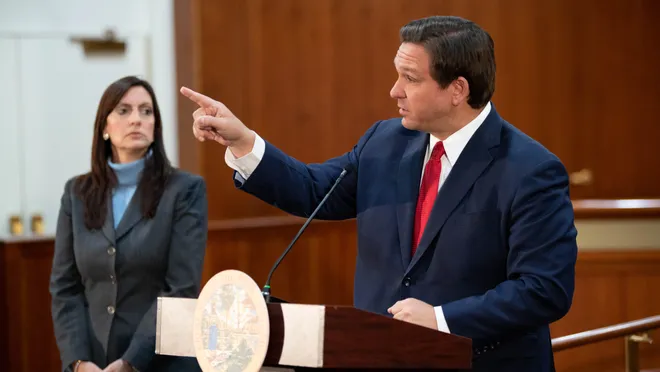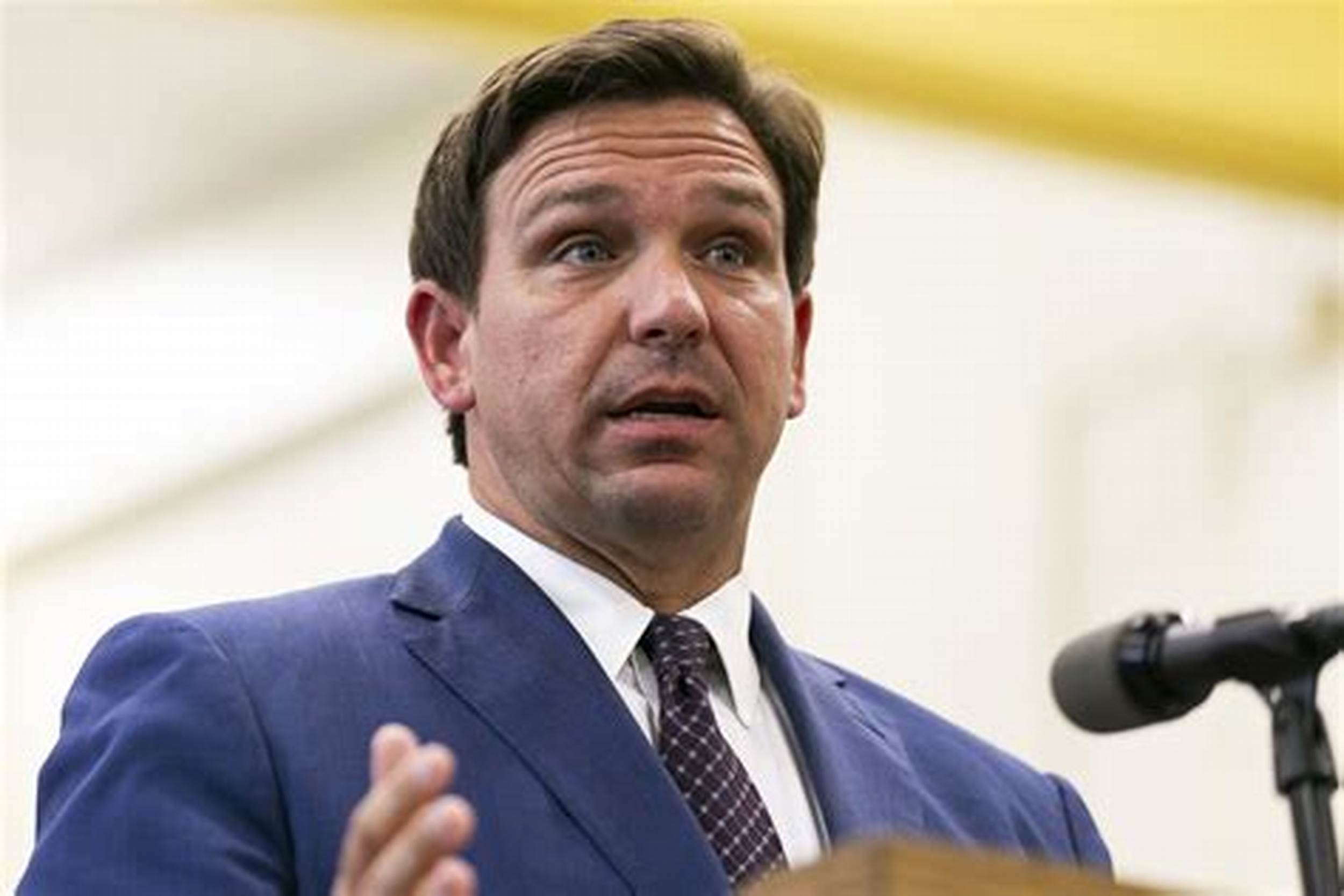The bill, which was approved by the Florida Legislature this past week, might have forced social media platforms like Instagram and TikTok to refuse accounts to minors, even if their parents gave their consent.
A comprehensive social media measure that would have essentially prohibited Floridians under the age of sixteen from creating accounts on platforms like Instagram and TikTok, even though their parents gave their consent, was blocked by Governor Ron DeSantis on Friday.
Mr. DeSantis claimed he vetoed the teenage social media ban measure in a post on X, citing the state legislature’s impending production of a “distinct, superior bill” that upheld parental rights. The governor had said the previous week that the proposal went too far in replacing parental authority.
The speaker of the Florida House of Representatives, Paul Renner, a Republican, stated in a post on X shortly after the veto was announced that the replacement law will be “an additional powerful solution to secure our children against online harms.”

Although a few states have lately enacted legislation mandating parental approval for minors’ social media accounts, the Florida bill that Mr. DeSantis rejected was intended to be a more comprehensive prohibition. It could have mandated that some social media platforms confirm users’ ages, ban users under 16 from creating accounts, and delete accounts that the site knew or suspected belonged to users who were underage.
Following the state legislature’s passage of the legislation, parent advocacy organizations which include Florida Parent-Teacher Association encouraged Mr. DeSantis to veto it.
Due to young people’s entitlement to unrestricted information access, the bill might have probably likely been challenged constitutionally. Teenagers who depend on social media to stay in touch with relatives and close friends, show themselves creatively, stay informed about politics, sports, food, and fashion trends, as well as to connect with them, could have probably protested online.
The trade association that advocates for Meta, Snap, TikTok, and additional tech firms, NetChoice, announced that it was pleased with Mr. DeSantis’s veto. Vice president and general counsel of NetChoice, Carl Szabo, stated in an email that if the bill had been enacted, it might have “replaced families with government and Silicon Valley.” The bill’s requirement that social media platforms confirm users’ ages might have resulted in “data gathering on a scale not previously seen in the state,” he continued.




